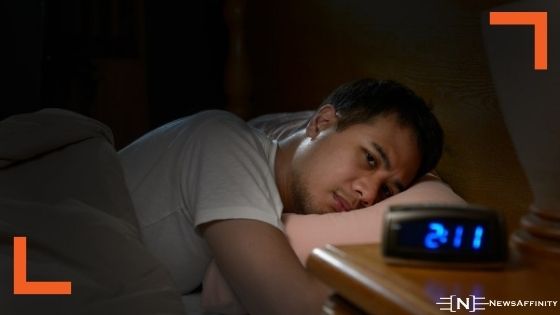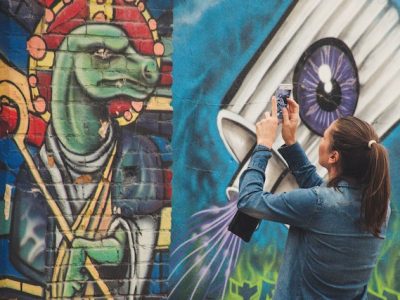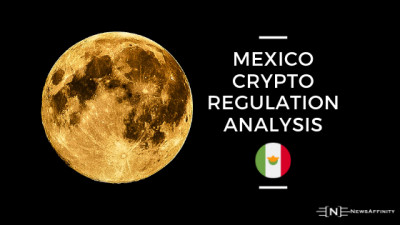Are there days when you can’t sleep no matter what you do? Science has just found the culprit.
The insomnia is terrible, not only has you tossing and turning in bed in the middle of the night and checking the clock every two minutes to find out how long you have left to sleep, but it leaves you exhausted the next day with a headache and in a bad mood, and sometimes it seems like there’s nothing you can do to fix the problem.
What is behind your insomnia ? There are all kinds of factors, from stress to some medical conditions, but experts say there is another unexpected element that can increase it. You did not imagine it, there are days when you simply have a harder time closing your eyes and falling asleep, and a new study shows that the culprit is in space, millions of kilometers from Earth and from your bed.
The fault, according to a group of scientists, is the Moon . An article published in Science Advances ensures that our sleep cycle changes during the lunar cycle, which is why there are times of the month when it seems that insomnia is more intense and that meditation techniques , military tricks and techniques of breathing that you always use to fall asleep are no longer as effective.
Does your insomnia increase with the full moon?
The study was carried out by scientists from the University of Washington, Yale, and the National University of Quilmes in Argentina, and says that in the days before the full moon, people tend to sleep much later and sleep fewer hours than the who usually sleep at other times in the lunar cycle.
The researchers used wrist monitors to track the sleep patterns of study volunteers living in three Toba-Qom indigenous communities in Argentina’s Formosa province, and this helped them measure sleep hours, quality and patterns and the way they are connected to what happens to the Moon during the entire cycle.
Each community differed in the amount of access it had to electricity during the study, with a rural area that had no electricity, another rural group with limited access, and a community in an urban setting that had full access. The study was later repeated with a series of student volunteers from the Seattle area, and the researchers found that people who had more or less access to electricity experienced oscillations in their sleep patterns, although the differences were less extreme in areas urban.
In a statement, Professor Horacio de la Iglesia said: “We see a clear lunar modulation of sleep, with a decrease in sleep and a late onset of sleep in the days before the full moon. And while the effect is most robust in communities without access to electricity, the effect is present in communities with electricity, including college students at the University of Washington. “
The Dr Leandro Casiraghi , who was one of the leaders of the study, explained that this is connected with the way humans have evolved, although more research is needed to understand the phenomenon completely.
“We think that the patterns we observe are an innate adaptation that allowed our ancestors to take advantage of this natural source of evening light that occurred at a specific time during the lunar cycle. At certain times of the month, the moon is an important source of light at night, and that would have been clearly evident to our ancestors thousands of years ago, “said Casiraghi.
It makes sense, if the Moon is brighter, that means the nights are not that dark and our brains might think that it is not time to sleep yet.
In addition, the expert added that: “In general, there has been a lot of suspicion about the idea that the phases of the moon could affect behavior such as sleep, although in urban environments with high amounts of light pollution, you may not know which one. is the moon phase unless you go out or look out the window. Future research should focus on how: does it act through our innate circadian clock ? Or other signals that affect sleep timing? There’s a lot to understand about this effect”.

















Comments